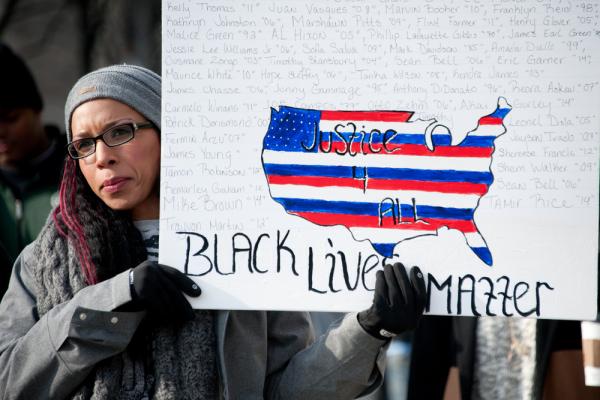The lives of widows and orphans mattered. In Exodus 22:22 God tells Israel, “You shall not abuse any widow or orphan.” God was so concerned for the widow and orphan that the law provided for their care. It was mandated that grain be left behind for them during the harvest and along the edges of the fields (Deuteronomy 24:19-21, Leviticus 19:9-10). Failing to provide such care provoked God’s wrath.
Why this penchant for the widow and orphan? Did God value them more than anyone else in society? No. The Bible says that God shows no partiality (Acts 10:34). Yet, God does show compassion and concern for those who are most vulnerable. God lifts up the plight of the last and the least because they are at the greatest risk. And given this concern, God requires that we take special care so that these vulnerable, tender members of society are not neglected and forgotten. To take them for granted, to forget or abuse them invites God’s anger that their plight might become ours.
If we were to cast this concern into today’s context, I believe that God would assert that Black Lives Matter in the same way that the lives of widows and orphans mattered. Black lives matter because blacks, suffering numerous disparities that serve to disadvantage, are vulnerable in society.
Read the Full Article

